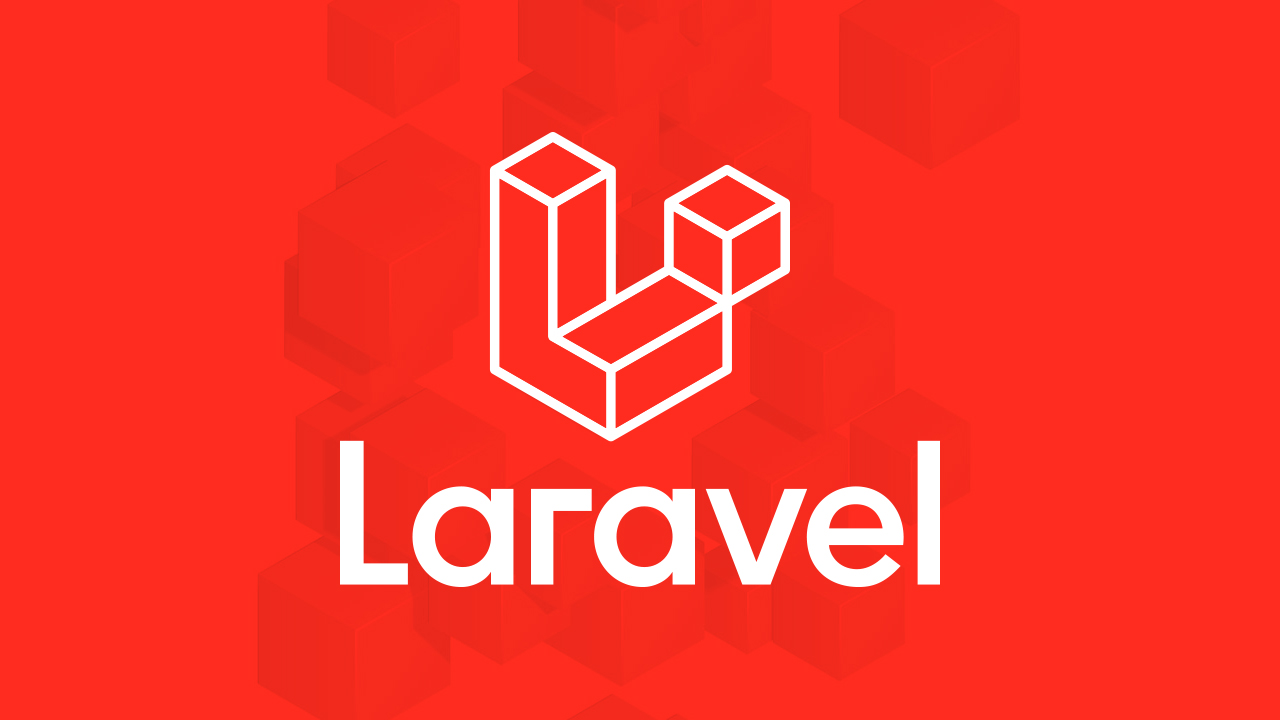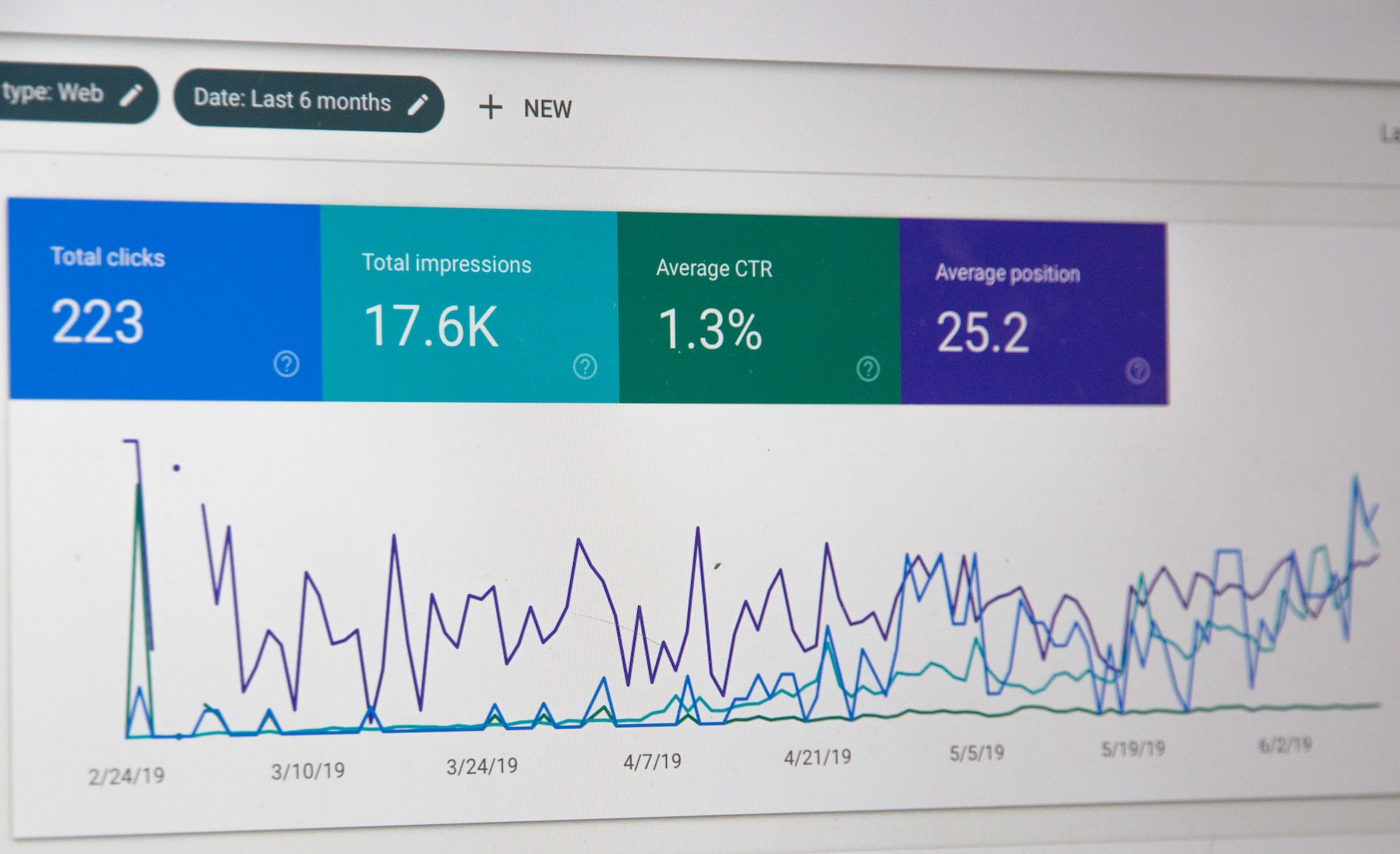
Deep understanding of web frameworks and their application in software development is a fundamental skill for any developer. These are the tools through which modern websites and mobile applications are created. They save time, are well-tested for errors, and keep your code neat and accessible.
If you are a PHP developer, chances are you have worked with Laravel. It is a comprehensive PHP framework that is easy to start with, but contains many interesting features. Despite growing competition, many developers clearly consider it the best PHP framework.
According to a JetBrains survey in 2020, 50% of PHP developers claim that they regularly use Laravel, compared to 25% for the next most commonly used framework, Symfony. Google Trends data also shows how Laravel is outperforming Symfony and other alternatives in search. It is used to power websites of some major global brands, such as pharmaceutical giant Pfizer and the British Broadcasting Company (BBC).
Why do many consider Laravel the best framework for web development today? Before we delve into the importance of Laravel, it's worth mentioning why PHP scripting is still so widely used.
PHP is a popular server-side programming language that emerged in the mid-1990s and continues to defy predictions of its 'death'. In fact, W3Techs calculated that just over 79% of all websites use PHP code, a level that has remained fairly constant over the past year. By comparison, modern PHP's closest competitor in terms of usage is ASP.NET, but today it is used on only 9.1% of websites. New alternatives, such as Python, are generating a lot of buzz today but are still used on only a small percentage of websites.
Now let's look at the main reasons for using Laravel and highlight some of the most important advantages of Laravel for your development environment.
-
Simplicity: Learning Laravel is easy, and that's a big plus. Developers don't want to be bogged down in complicated, messy code. And companies certainly don't want to wait for their new web application. Laravel has an expressive and elegant syntax, simple even for inexperienced programmers. The framework is based on the Model-View-Controller (MVC) architectural pattern, which makes managing complex and large-scale projects easier. It also offers a wide range of libraries, tools, and templates. This helps developers create stable web applications while maintaining flexibility.
-
Blade and Artisan: Blade is Laravel's built-in and lightweight templating engine, allowing developers to easily create web pages with dynamic content filling. This tool is very intuitive to understand and also provides several widgets to ensure that the web application has a reliable and stable structure. Artisan is a powerful built-in command-line tool in Laravel that helps automate repetitive tasks and manage database migrations. It also allows developers to create their own commands and perform tests in the development environment.
-
Advanced Integrated Features: Laravel also offers intuitive, pre-programmed systems that can be easily added to an application with just a few lines of code. These 'packages' can be specific to Laravel or used in PHP frameworks, but they are easy to install using Composer. For example, Laravel Cashier is an integrated subscription billing feature that handles all the boilerplate code. Socialite is a simplified authentication mechanism for social sites like Facebook and Google. Thanks to its modular structure and impressive set of packages, developers can easily and seamlessly add functionality to web applications.
-
Security: This is one of the main considerations for any web platform. While none are 100% secure, Laravel has solid credentials. Its built-in CSRF token can handle all kinds of online threats, protecting the web application from the most serious cybersecurity risks (e.g., SQL injection). The framework's security ecosystem also includes strong community support and educational guides to help developers create bulletproof Laravel applications.
-
Testing: Laravel is designed for quick and flawless integration of testing into any web development process. It comes with built-in testing features and support through PHPUnit. This makes it easier to detect and correct any errors before they become costly problems. The system automatically sets up the testing environment, but developers can easily define other testing configuration values as needed.
-
Community and Support: The growing popularity and use of Laravel over the past decades mean that it now has a large and active community of experienced developers capable of providing valuable support when needed. A developer reporting bugs or security issues is likely to get a quick response from the community, helping to reduce delays and costs. Laravel also offers numerous educational guides called 'Laracasts'.
-
Multilingualism: Let's face it, today many web applications are geared towards the global market. Or, at the very least, have the ambition to go beyond the local client base. Laravel includes support for multiple languages, so any website or application can be adapted to different countries.
Makhno Makhno








